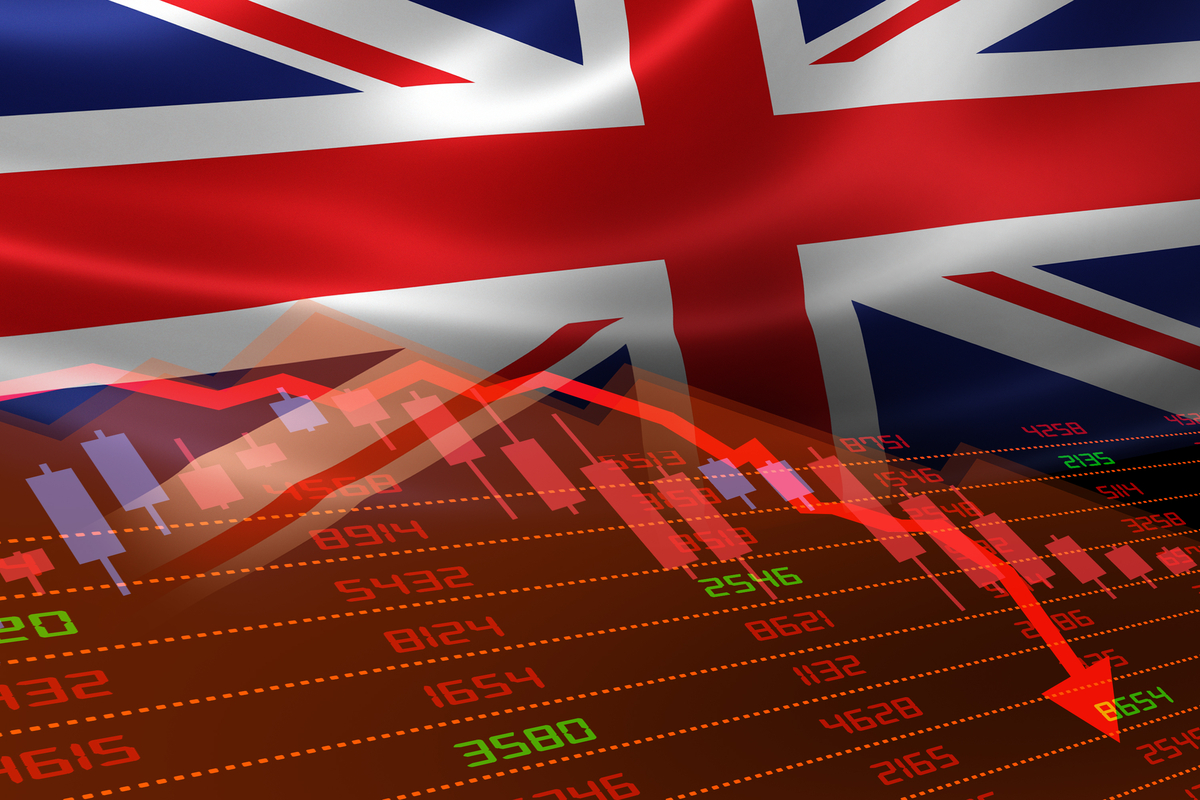Recession likely to be deeper than previously expected

Senior Journalist, covering the Credit Strategy and Turnaround, Restructuring & Insolvency News brands.

Senior Journalist, covering the Credit Strategy and Turnaround, Restructuring & Insolvency News brands.
Additionally, the forecasting group has downgraded UK GDP growth projections for the next three years, with the impact of tighter fiscal policy and a deeper downturn meaning the growth forecast for 2024 being downgraded from 2.4% to 1.9%. There’s also been a 0.1% drop in the growth forecast for 2025, going from 2.3% to 2.2%.
According to the researchers, key factors behind the downgrade include the reduction in generosity of the energy price guarantee, additional taxes on high earners and unearned income coming into effect from the spring, with there also being signs the housing market is slowing faster than many had anticipated.
While GDP is likely going to shrink during the first half of 2023, the UK economy is still expected to return to growth in the summer of 2023 and into 2024 as inflation falls back and consumers use strong balance sheets to save less and spend more. This downturn should also prove less damaging for the economy – and shorter – than the downturns in the 1980s, 1990s and 2000s.
This, according to the researchers, is due to the unusual and externally driven nature of the recession, combined with the prospect of inflation falling back quickly this year. However the economy is not expected to regain its pre-pandemic size until the middle of 2024.
EY UK chair Hywel Ball said: “The UK’s economic outlook has become gloomier than forecast in the autumn, and the UK may already be in what has been one of the mostly widely anticipated recessions in living memory.
“The one silver lining is that, despite being a deeper recession than previously forecast, it won’t necessarily be a longer one. The economy is still expected to return to growth during the second half of 2023 and has been spared any significant new external shocks in the last three months from energy prices, Covid-19 or geopolitics.
“Meanwhile, the chief headwind to activity over the last year – high and rising inflation – may be starting to retreat, while energy prices are falling too.”
Inflation, meanwhile, is expected to fall to an average of 7.2% this year – with a £500 increase in the energy price guarantee and a likely increase in the weight of energy in the consumer spending basket used by the Office of National Statistics to measure consumer prices adding around 0.7% to inflation in April.
And, while inflation in 2023 will be high by historical standards, it’s likely the economy has passed the peak with inflation at 11.1% last October. According to the researchers, inflation is forecast to fall to just under four percent by the end of this year – reflecting recent falls in commodity and shipping prices, as well as the reduction in the cost of wholesale gas.
Alongside this, as inflation becomes less concerning, the EY ITEM Club thinks the Monetary Policy Committee will likely press pause on its rate hiking – peaking at around four percent in the spring.
However, average earnings are expected to trail average inflation until next year – when earnings are predicted to grow 2.6% and inflation is forecast to average 2.3%. Average earnings are expected to grow at half the average inflation rate this year, at just 3.6%.
